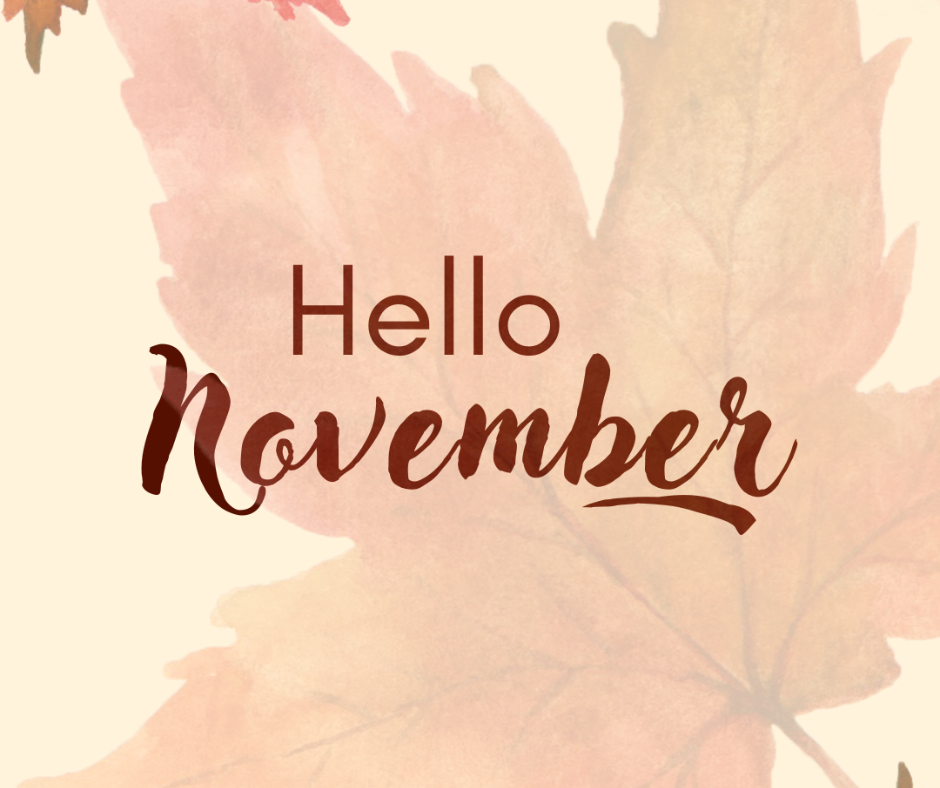November Co-Chair Letter

To our NTBA community,
Dear all –
I am so pleased to announce to you all that Delegate Danica Roem won her election in Virginia and is now Senator Danica Roem. This makes her the first openly trans person elected to the Virginia state senate. Her win is a win for good governance. Beyond that, her win coincides with some other key victories that I hope indicate a rebuke of the anti-trans policies we’ve been dealing with around the country. And with that, I’ll turn it over to D who has been out there doing some important work.
With pride,
Rafael
—
It’s D here. No matter what’s going on in the country or in the world, we at the NTBA are proud to stand up for one another. Together, we’re stronger than we are divided. Together, we can overcome all obstacles. Together, we are moving ever forward towards a world that embraces and protects all trans people.
In a very special series of moments over the past couple of weeks, I saw glimpses of what that world looks like.
First, over 40 people gathered online for the NTBA Mentorship Social, planned by NTBA Board Members Ray Wendell, Milo Beitman, and Milo Inglehart. It was so great to be in community with everyone who attended.
Last week, the NTBA co-hosted a Trans Rights Convening alongside the Transgender Legal Defense & Education Fund, the Transgender Law Center, and the Harvard LGBTQ+ Rights Advocacy Clinic. The organizers and consultants, pictured below, included (from left to right, back row to front row, in the image) Andy Izenson, Dee Farmer, Whit Washington, Terrence Francois, me, Black Pruitt, David Brown, Lynly Egyes, Gabriel Arkles (not pictured), and Shawn Meerkamper (not pictured).
I want to share a few thoughts about the convening to ensure our membership is on the same page. I invite any questions and feedback (and there will be formal opportunities to share feedback at upcoming town halls).
While there is a fair critique that we should have had an open invitation policy, the planning committee decided to keep the number of invitees quite small in order to have in-depth, full-group discussions and dialogues that would allow us to arrive at broad agreement on a rough set of recommendations.
When it came to selecting invitees, we had a few criteria.
First, we wanted a strong majority of participants to be trans or nonbinary, working at a trans-led organization, or both. That is part of the point of the convening—too often legal strategy about us gets developed in settings where we are not allowed to lead.
Second, we wanted everyone in attendance to have enough of a role in and familiarity with trans rights litigation to be able to contribute meaningfully to the conversation, as well as hopefully get something out of it they can take back to their daily work.
Third, we ruled out government lawyers because their notes or our correspondence could be subject to open record requests.
Finally, we sought representation of people with different types of expertise or different roles in the work, to try to achieve a rich dialogue with diverse perspectives from people who do not always get to work closely together. For example, we wanted a mix of national and local organizations represented. We wanted people who work on a variety of issues from a variety of parts of the country. We also wanted not only full-time trans rights litigators, but also at least some representation from former jailhouse lawyers and people who work closely with jailhouse lawyers, lawyers who do criminal defense or civil legal services for trans and nonbinary people, lawyers working in closely related movements such as disability rights, leaders who have been involved in trans rights litigation not as litigators but as clients, experts, or amici, and organizers and advocates whose strategies shape or are shaped by trans rights litigation. That is a lot of groups to try to represent on a small list, so we necessarily only invited a handful of folks who fit any particular category.
While not everyone we invited could attend, for the sake of transparency, we invited people affiliated with the following organizations: ACLU LGBT & HIV Project, ACLU of Georgia, Autistic Women & Nonbinary Network, Black & Pink, Bronx Defenders, Disability Rights Education & Defense Fund, Disability Rights Montana, Gender Justice, GLAD, Lambda Legal, National Center for Lesbian Rights, National Center for Trans Equality, National Women’s Law Center, TGIJP, Transcending Barriers Atlanta, Transinclusive Group of Florida, Transgender Education Network of Texas, Transformative Justice Law Project of Illinois, TransSOCIAL, The Trevor Project, and some organizations based in New Orleans (Real Name Campaign NOLA, BreakOUT!, House of Tulip, Project Hustle, and Louisiana Trans Advocates).
The convening felt like an achievement in many ways. We were in a large group on day 1 to establish our shared values and goals, to learn the results of the pre-convening survey, and to hear Dee Farmer present on the needs of incarcerated trans people and watch her interview two trans women about their experiences while incarcerated. We were treated to keynote speeches by Mariah Moore of the House of Tulip and Miss Major. On Day 2, we were split into three or four breakout groups five different times, so each person could only be in a slice of the conversations. The breakout groups were formed based on the survey results and the group’s goals expressed on Day 1. We also had a special opportunity to meet based on identity groups, with white trans folks, trans folks of color, and cisgender folks breaking out in caucuses. And on Day 3, we came back together to view other groups’ notes and reflect on how we would keep working together moving forward.
We view this convening as one of many opportunities to strategize together and build or strengthen our community bonds. The Trans Law Institute at the National LGBTQ Bar Association’s Lavender Law Conference is another similar opportunity. So is every single time we come together and socialize—though it can be restorative to meet without talking shop, too!
I’m still reflecting on everything I heard, learned, shared, and experienced during the convening, but I am buoyed by the wisdom and fortitude of so many who have been doing this work for over 40 years, including Miss Major and Dee Farmer. I’m more aware than ever of the universality of some of my experiences regarding navigating the legal profession as a Black trans person. And I feel resolved to continue to bring creativity and open-mindedness to the work I’m doing with the NTBA.
I will close with this quote from Mariame Kaba that Gabriel Arkles shared with a breakout group: “Hope is a discipline.” We must practice hope even in the darkest times. We move onward knowing that we are beneficiaries of the work of our ancestors, seven generations past, and we are the ancestors of the next seven generations forward.
In solidarity,
D

